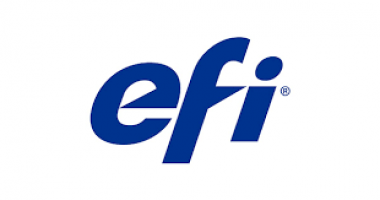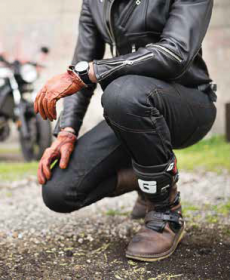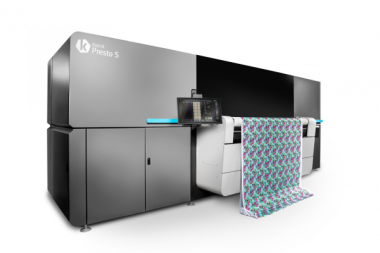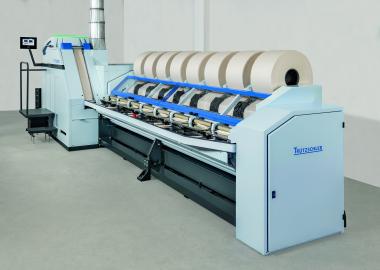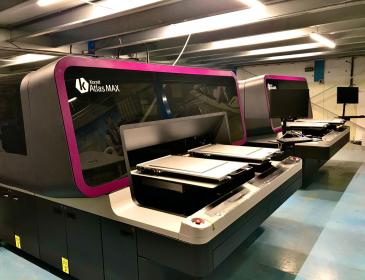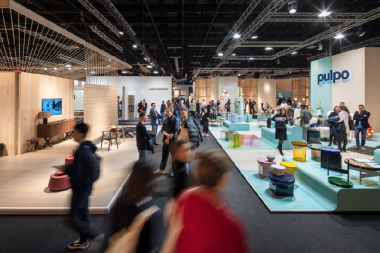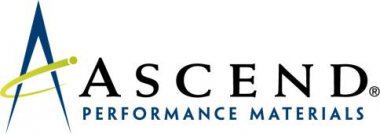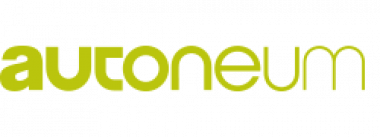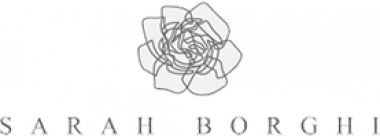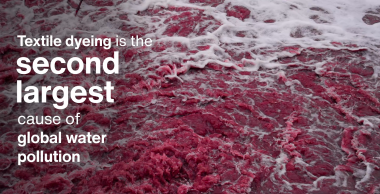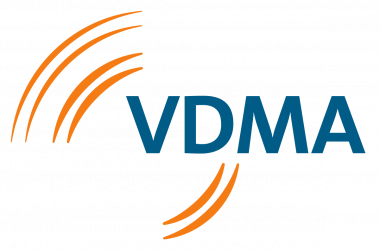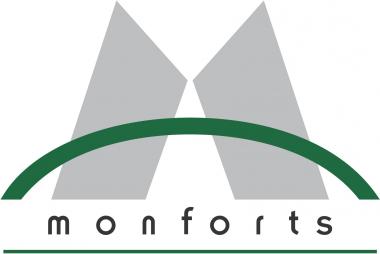EFI Connect Conference highlights new Digital Print Innovations
During the 22nd annual Connect conference at the Wynn Las Vegas Resort, Electronics For Imaging, Inc. is highlighting digital print innovations, that give print businesses more capability and profit potential in a range of market applications. Display graphics inkjet offerings at Connect from the company’s leading-edge product portfolio include the new EFI™ Pro 30h production printer. Plus, Connect features the first-ever live demonstration of the new EFI Fiery® FS500 Pro digital front end (DFE) – the most-advanced print server in EFI’s 30+ year history – and the debut of the EFI Fiery Impress™ DFE, a scalable, flexible server and colour management solution for inkjet label and packaging applications as well as for inline manufacturing lines that need variable print.
EFI Connect has more than 130 break-out sessions presenting the latest tips and trends across all the industry segments EFI supports. This includes sessions addressing the growing analogue-to-digital transformation opportunities using EFI’s industrial Corrugated & Packaging, Textile, and Building Materials/Décor solutions.
EFI Connect also marks the debut of an innovative prepress product for display graphics businesses, EFI Fiery Prep-it™ software for the preparation, layout, and automated production of print-for-cut jobs. Designed to address productivity needs amid continued labour shortages, this powerful and cost-saving true-shape nesting solution reduces the time needed to nest complex objects for wide-format printing by up to 90%. Compared with competing products, Fiery Prep-it software also reduces media usage by 10% or more, helping to alleviate media supply constraints. With the media savings it generates, this affordable, effective software can pay for itself in four months or less, helping print shops become more competitive.
EFI


